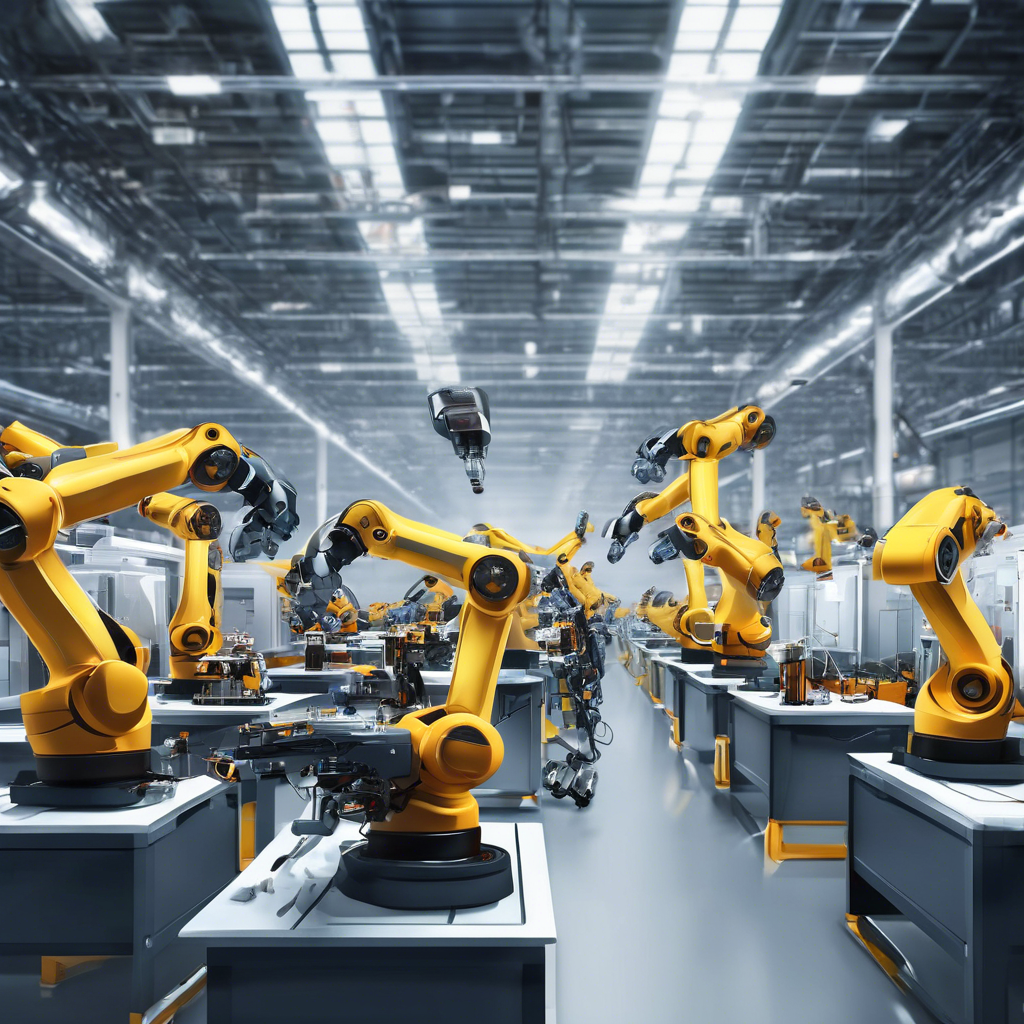
Automation driven by intelligent robots is set to lead to a significant increase in production capacity across various industries, with China being the only nation positioned to reach a high level of automation, as stated in a recent report by the US-based independent research firm SemiAnalysis. The report highlighted that China's efforts in robotics localization are progressing rapidly. It noted that Chinese manufacturers are nearing a 50 percent share in the globe's largest robotics market, an increase from 30 percent in 2020. While Chinese manufacturers currently match Western companies in the low-end market, the supply chain analysis suggests that local firms are starting to dominate higher-end market segments. The report warns that if China achieves full-scale automation independently of the US, it could represent "an existential threat" to the world's largest economy.
Such a situation would allow China to experience a "massive expansion in production capacities across various industries, bolstered by intelligent robotics systems. "
China's Rise in Robotics Automation: A Threat to Global Economy


Salesforce’s analysis of the 2025 Cyber Week shopping period reveals record global retail sales totaling $336.6 billion, marking a 7% increase from the previous year.

The rapid advancement of artificial intelligence (AI) has sparked significant debate and concern among experts, particularly about its long-term impact on humanity.

This is sponsored content; Barchart does not endorse the websites or products mentioned below.

Google's DeepMind has recently unveiled an innovative AI system called AlphaCode, representing a major leap forward in artificial intelligence and software development.

I’m closely monitoring the emergence of agentic SEO, convinced that as capabilities advance over the next few years, agents will significantly influence the industry.

Peter Lington, Area Vice President at Salesforce’s Department of War, highlights the transformative effects that advanced technologies will have on the Department of War within the next three to five years.

Sprout Social has firmly established itself as a leading player in the social media management industry by embracing advanced AI technology and forging strategic partnerships that foster innovation and enhance service offerings.
Launch your AI-powered team to automate Marketing, Sales & Growth

and get clients on autopilot — from social media and search engines. No ads needed
Begin getting your first leads today